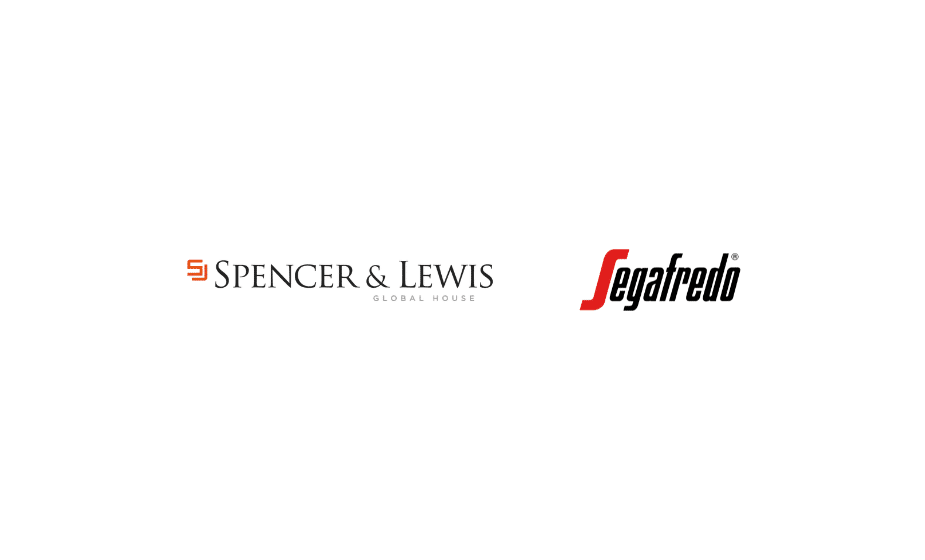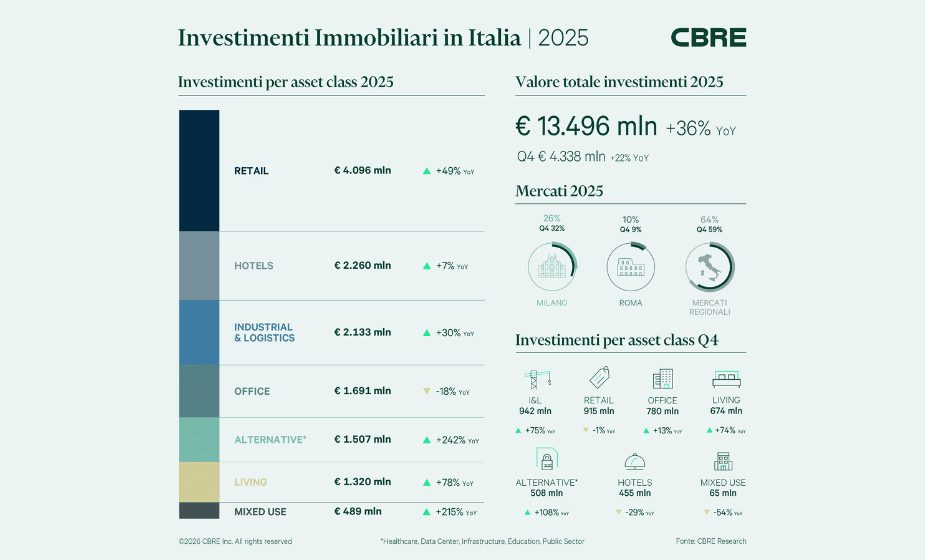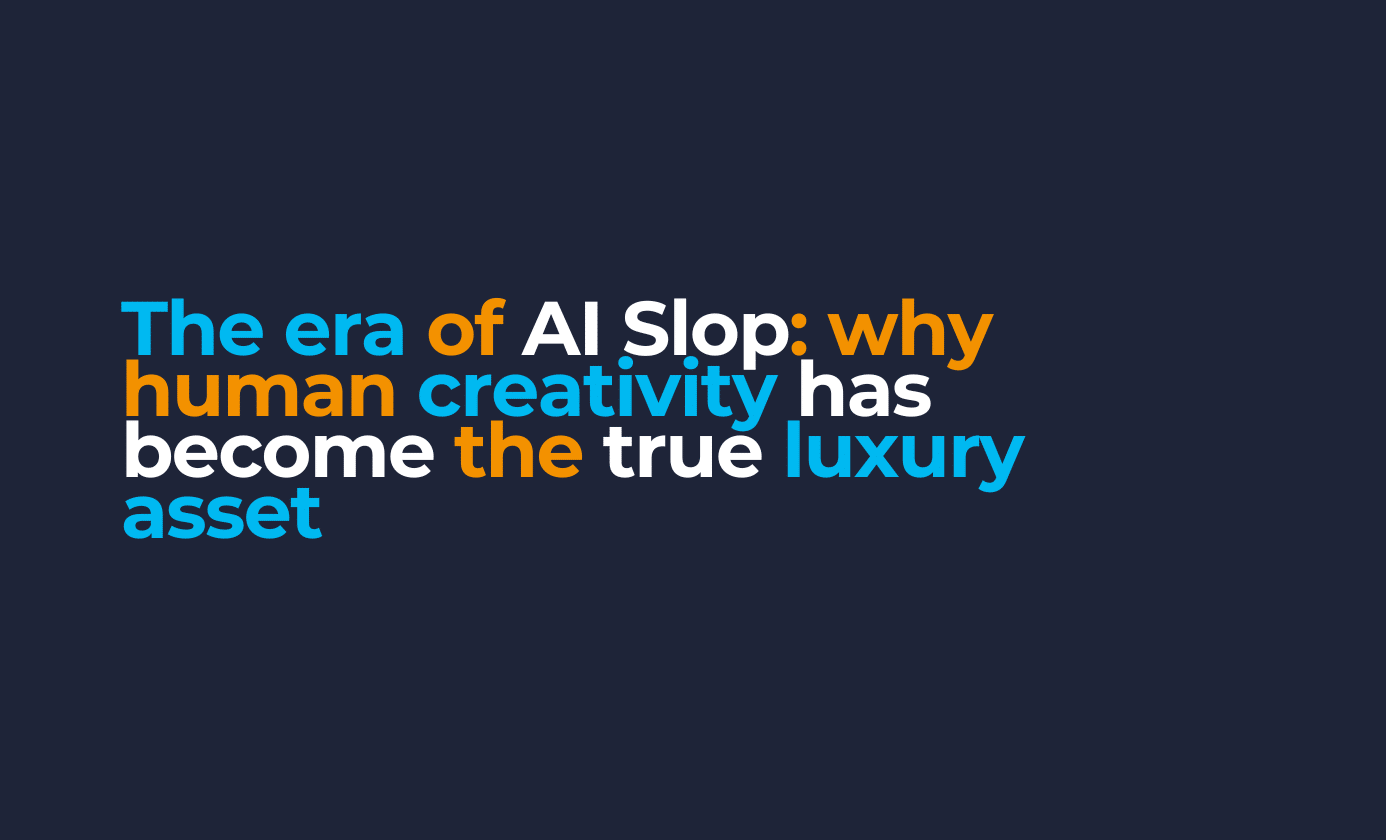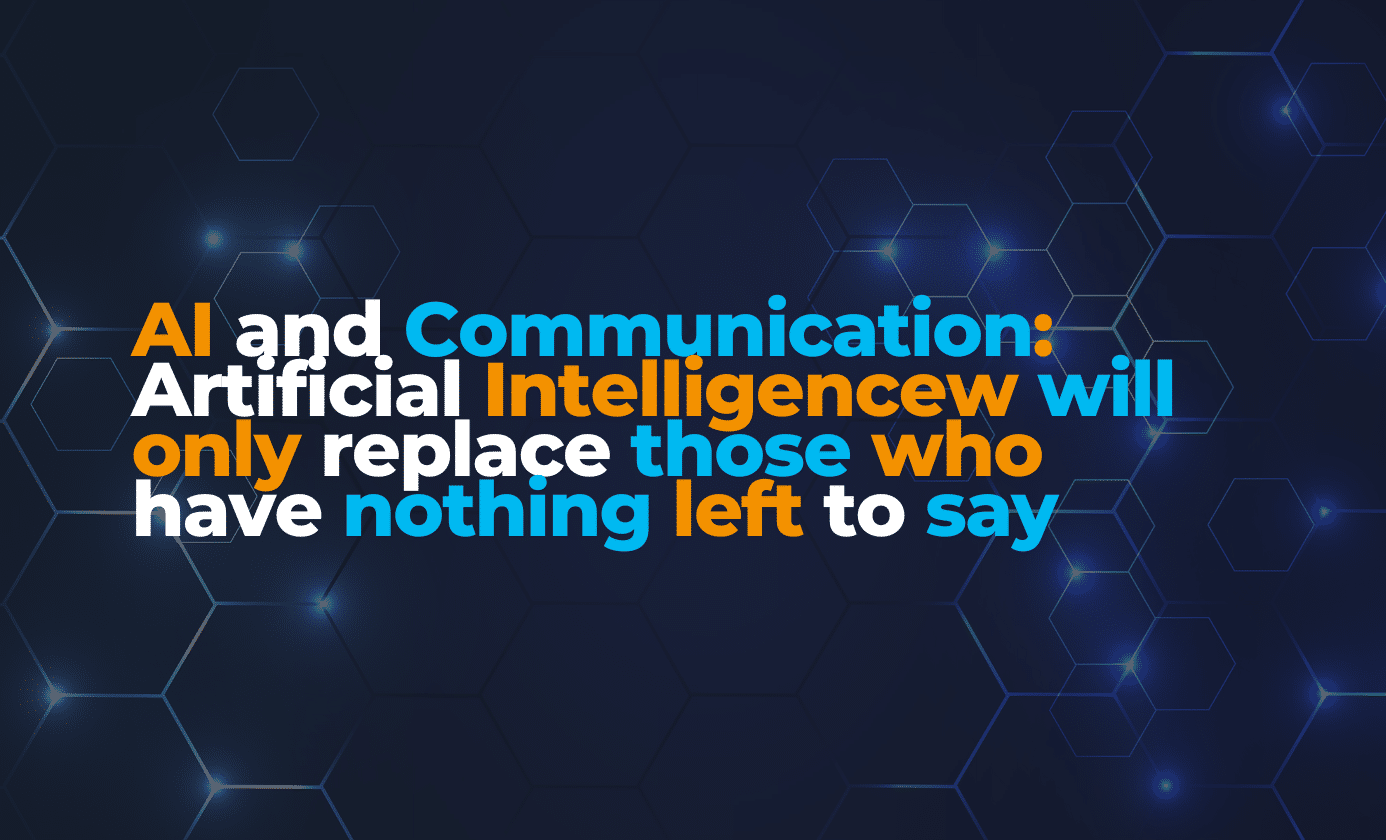Travelling at the Speed of AI: Spencer & Lewis’s Perspective on Artificial Intelligence
Speed of AI: Anyone working in the business world today must face at least some of these questions: is artificial intelligence pushing itself too far? What jobs is it putting at risk? Are we sure this is true progress?
Spencer & Lewis is an independent communications group Italian, also active in the United Kingdom, who has been engaging with sociological evolution and the communication landscape for 15 years. Naturally, AI has been at the heart of our discussions and reflections in the last year and a half., influencing our daily work on texts, images, presentations, reports, insights, and data analysis. It is a fact that AI is revolutionizing our industry, offering new opportunities, but also presenting significant challenges.
But how can companies leverage AI for their growth, while maintaining ethical standards?
The transformative potential of AI
Let’s start with an undeniable premise: AI—a vast world composed of a myriad of programs, products, and functionalities—has the potential to radically transform (if it hasn’t already) the way companies and institutions communicate with their customers. For example, advanced machine learning algorithms can analyze enormous amounts of data in real-time, allowing us to better understand consumer behaviors and preferences. Or, advanced software can create detailed storyboards, enabling customers to visualize creative ideas developed for them better than ever before.
Tangible benefits
This capability is reflected in the final outcome: communication campaigns that are increasingly tailored to the target audience, maximizing engagement and significantly improving return on investment.
Strategic vision and creativity: key elements
However, to fully harness this immense potential, it is essential to fuel AI with two key elements: strategic vision and creativity. These components cannot be acquired automatically or mechanically, but are the result of human experience and professional awareness. Ultimately, the end result depends entirely on the quality of the inputs provided by the operator. If these lack depth, the responses will be equally superficial.
AI as a mirror of humanity
Essentially, AI adapts to the level of its user and can expand horizons only if the user has layered experience, strategic vision, and the cultural and professional depth required to fully exploit its potential. The same applies to its ethical implications: as a tool, AI is neither good nor bad but becomes so depending on how it is used by the user. We can almost define it as a mirror of humanity.
Collaboration and ethical use
For this reason, even though we can no longer imagine working without it, we do not see AI as capable of replacing any member of Spencer & Lewis. On the contrary, it pushes us to promote continuous exchanges between experienced managers and younger professionals who have less work experience, ensuring that AI is always used consciously as a positive tool for change.
Leading change with ethics
At Spencer & Lewis, we are committed to leading this change, using the available AI software today and the technologies developed in the future, to be partners in the growth of companies that place human values and ethics at the center of their decision-making processes.
Keeping pace with evolution is essential, but doing so wisely is equally important. It is said that if we could travel faster than light, we would end up traveling back in time. Even if we could take our hands off the wheel, we should never take our eyes off the road: if speed became uncontrollable, we would never want to be forced into regression.
This article was published in the quarterly magazine of ICCIUK, the Italian Chamber of Commerce in the UK, of which Spencer & Lewis is a patron member. Read it.








